Working with electricity is dangerous and often technical and isn’t something that amateurs should normally consider. Screw up something and you might wind up with a shock or even a fire.
But you might find yourself with a broken wire that either means throwing out a favorite lamp or paying a professional an armload of money for a simple solder job that you lack the skills to do yourself. So, you might wonder if glue is a simple workaround.
We had the same question and did some research. We put together what we learned in this article. Considering the stakes, we hope you find it enlightening.
In This Article We'll Discuss
Does Glue Conduct Electricity?
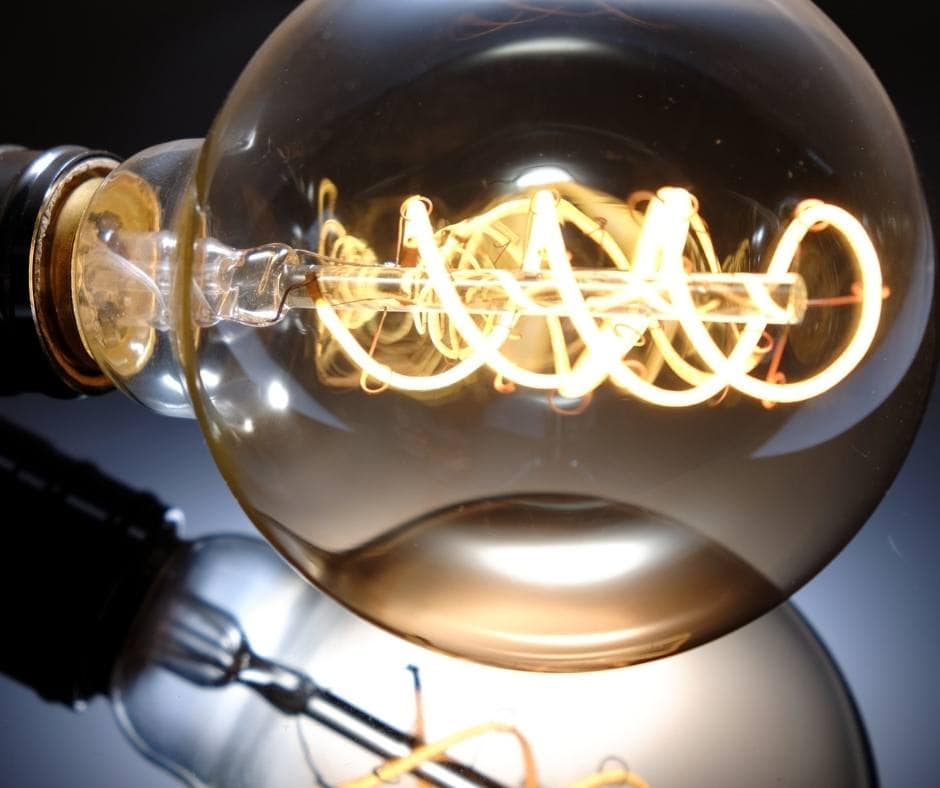
For the most part, glue is a poor conductor of electricity. Most glues are made from plastic polymers, and plastics are much better insulators than conductors.
There are specialized kinds of glue that do conduct electricity. These electronically conductive adhesives are approximately 80 percent metal with the rest being the adhesives to create the bond.
They aren’t nearly as efficient in allowing electrons to flow as naked wire, but they are as close as you’ll come to a truly conductive glue.
What types of glue conduct electricity?
While most glues won’t conduct electricity, some will. These are glues that incorporate certain kinds of metal into their mixture.
They are called electronically conductive adhesives and use several kinds of metals. Silver, copper, and iron are the three most popular.
Silver is generally the best but most expensive. Copper is the most economical in that it works well but doesn’t cost a lot. Iron is okay but is also the cheapest.
One thing to keep in mind is that just 80 percent of the glue mass is comprised of conductive metals. The rest is made from bonding polymers that aren’t as good at conducting electricity and naked wire.
So, before using one, research whether it’s appropriate for your project.
Does super glue conduct electricity?
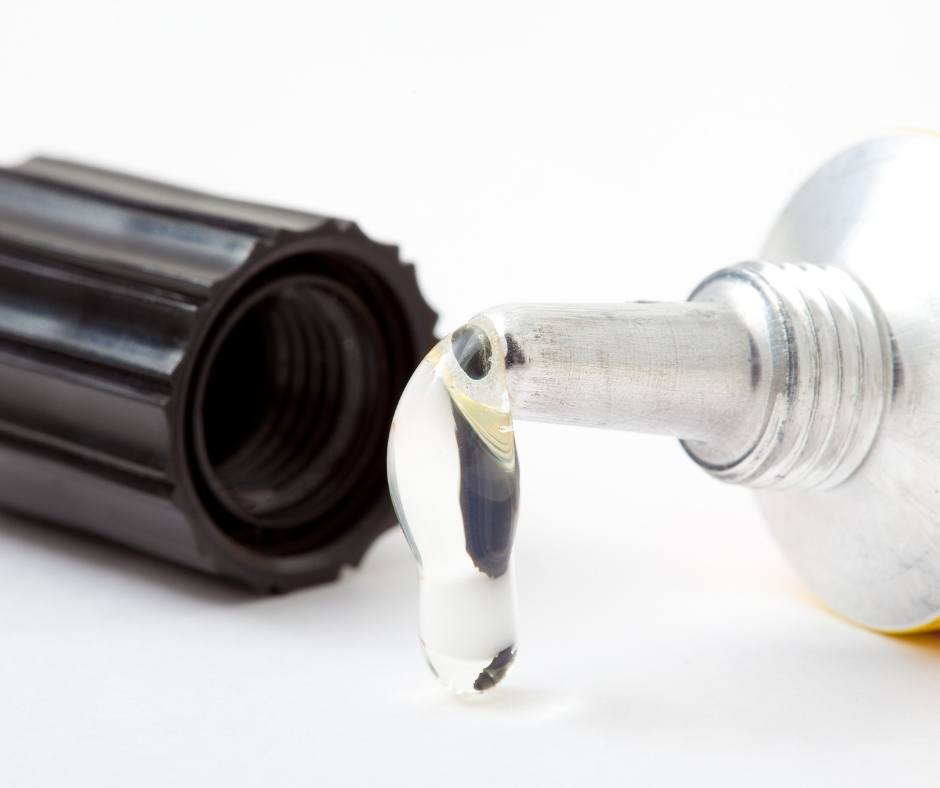
Superglue and its competitors belong to a family of glues called cyanoacrylates. These are known for creating hard, fast bonds and are often marketed as able to adhere anything together.
One thing they’re also known for is not doing a good job of conducting electricity.
At their core, cyanoacrylate glues are all based on plastic polymers. Plastic in general is a great insulator, which means it prevents the free flow of electrons. That’s also the opposite meaning of what makes a good conductor.
Can superglue be used on a circuit board?
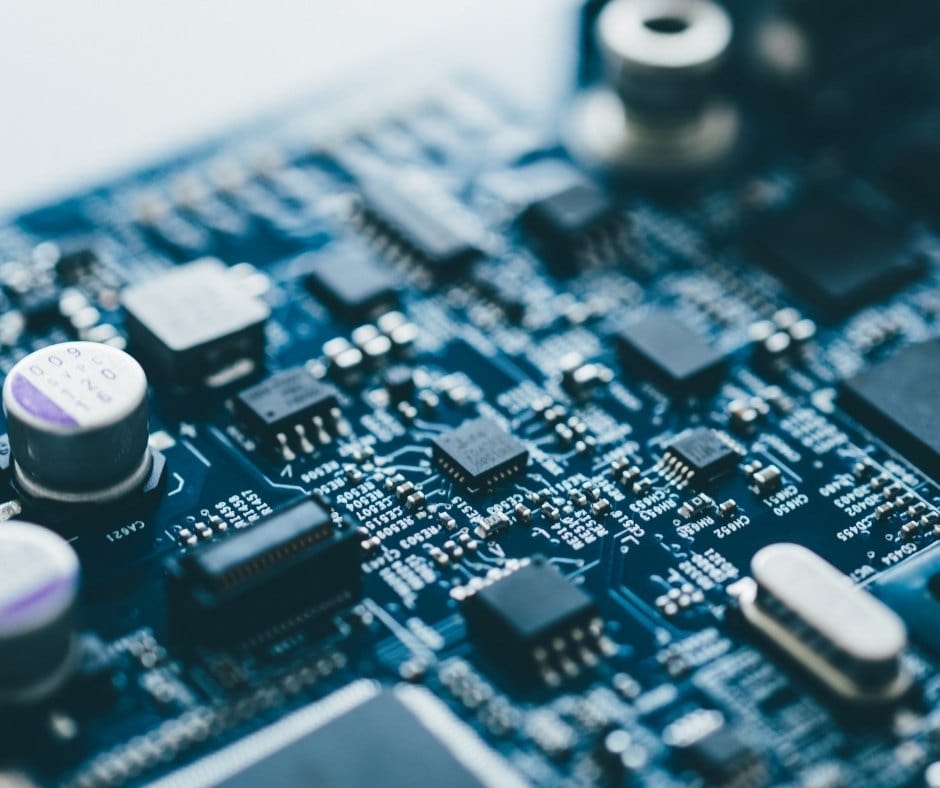
So-called super glues belong to a family of adhesives called cyanoacrylates. Most glues that promise a fast, hard bond are members of this glue family.
These glues, like any other product made from plastic polymers, are not good at conducting electricity. They have the opposite effect. They are good insulators.
If you wanted to use cyanoacrylate glue to connect components on a circuit board that doesn’t require a connection to conduct electricity, it’s a good option. Use a cotton swab to apply the glue to better regulate the amount used so you don’t get it everywhere.
On the other hand, if you need a tight connection to ensure an efficient, safe flow of electrons, you’ll probably want to look at soldering instead.
Avoid glues with strong solvents that might damage delicate circuit board components. If you want to use a glue gun, use it as a low heat setting as you might inadvertently damage the circuit board.
Is Elmer’s glue conductive?
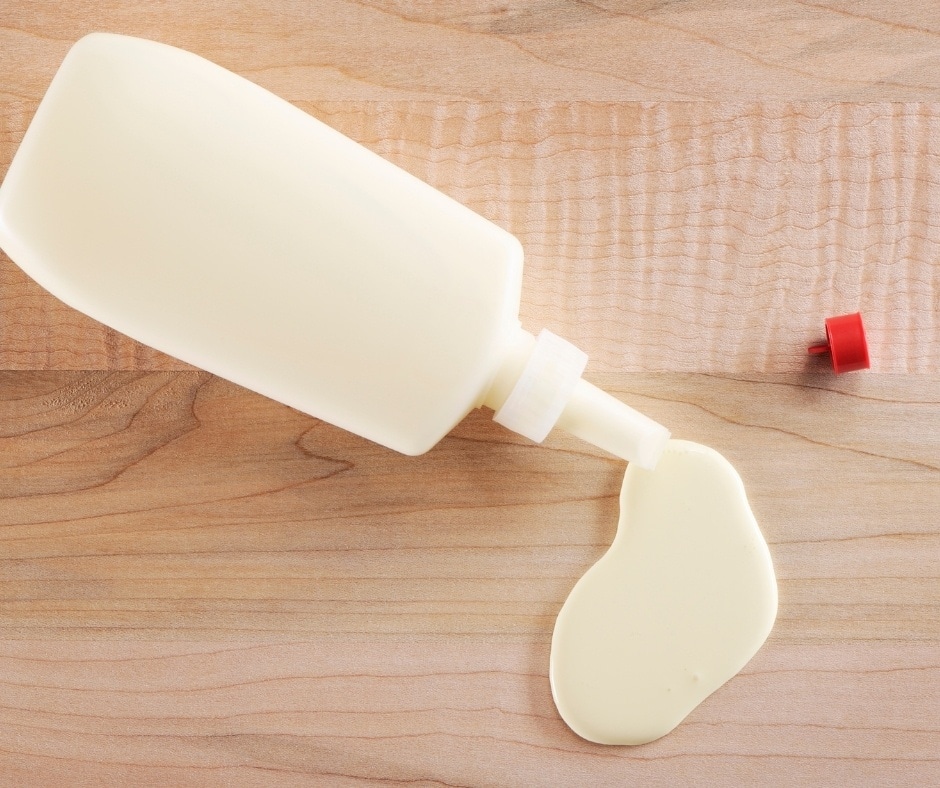
Elmer’s glue and any basic hobby glue do a poor job of conducting electricity.
That might seem strange because one of the primary ingredients in Elmer’s glue is water, which is well known as a great conductor of electricity.
Elmer’s glue also hardens as it dries because the water evaporates. That leaves the bond between petroleum and polyvinyl acetate, both of which are poor conductors of electricity.
If you’re looking for something to act as an insulator, Elmer’s glue might work. One thing you need to keep in mind, however, is that if you dab some glue on a connection to keep it in place and to avoid a short if it gets wet is that the glue might come between the wire and the connection and create unwanted resistance to the otherwise free flow of electrons.
Can glue be used instead of soldering?
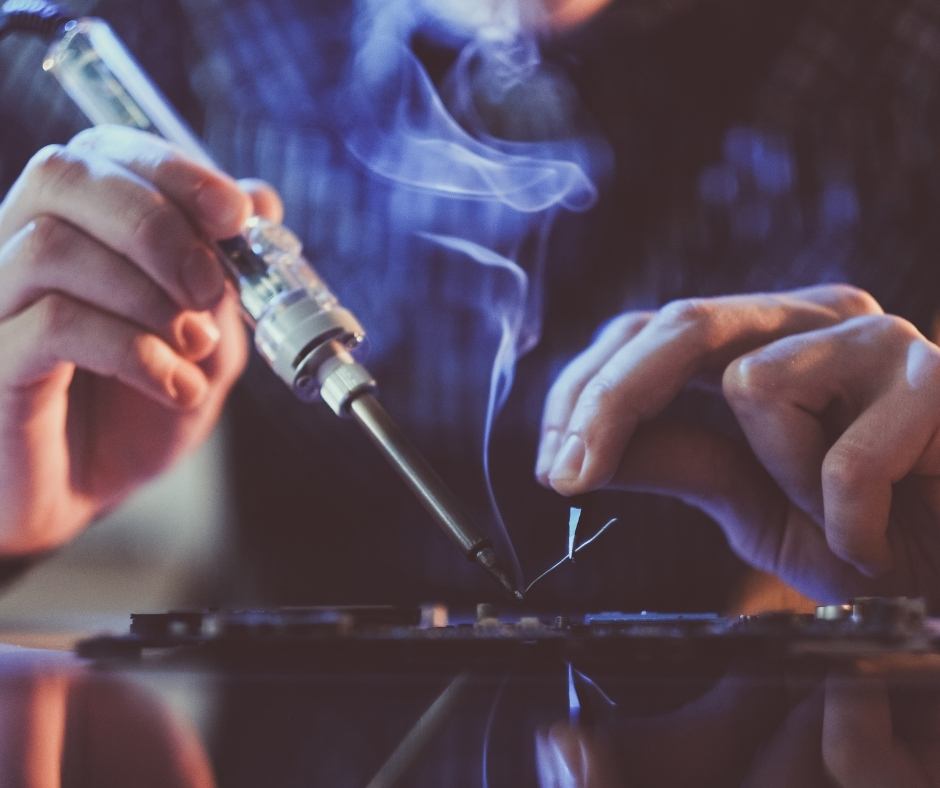
Most glues are poor at conducting electricity, so most glues shouldn’t be used instead of soldering, which is intended to help the flow of electrons.
On the other hand, electrically conductive adhesives — a special class of adhesives — are made up primarily of metal with some bonding elements added to hold everything together. These are good alternatives to solder, but you’ll want to be careful.
Among them, silver is the highest quality but also the most costly. Copper works well and is probably the most economical. There is also iron.
One drawback is that they aren’t nearly as efficient as naked wire and the bonding agents do a poor job of conducting electricity. So, while they work on something like a lamp, you’ll want to do a little research before using them on advanced technology.
Misuse could result in damage to components or even worse a fire.
Are metallic glues good for conducting electricity?
Metallic glues are designed to conduct electricity, and about 80 percent of their glue mass is metal. The rest are the polymers that when dried act as a bonding agent.
While there are several different kinds of glues, including epoxies, there are a few basic metals used in these glues: silver, copper, and iron.
Silver works best, but these glues are very expensive. Copper works well and is less costly, making it the best value. Iron works alright but is cheap.
Before you use one, make sure it’s appropriate for your project. Things like fixing a lamp connection are no big deal, but high-end electronics but have amperage demands that metallic glues can’t handle.
Conclusion
If you find yourself with a broken lamp wire, using the right glue can help you avoid finding a new lamp or paying a professional much money to repair it.
You’ll want to use the right glue, of course. While some glues do a good job of conducting electricity, it’s because they are designed to do so. Most common glues don’t. It will cost a little money, but nothing compared to what a decent soldering set will.
We hope you found this article helpful and informative. If you did or have something to add from your own experiences, feel free to leave a comment. You’re also invited to share it on your own social media networks.



